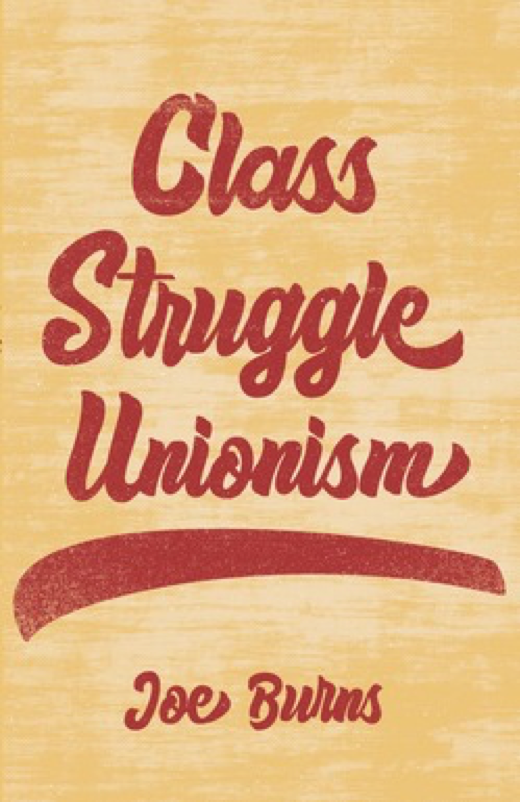
A guide for trade union members who want to organise to win strikes. Written in the US with many lessors for trade unionists in Nigeria. Published 2022.
For those who want to build a fighting labor movement, there are many questions to answer. How to relate to the union establishment which often does not want to fight? Whether to work in the rank and file of unions or to take staff jobs with trade unions? How much to prioritize broader class demands versus shop floor struggle? How do we support the best trade union leaders? And most critically, how can we revive militancy and union power in the face of corporate power and a legal system set up against us?
Class struggle unionism is the belief that our union struggle exists within a larger struggle between an exploiting billionaire class and the working class which actually produces the goods and services in society. Class struggle unionism looks at the employment transaction as inherently exploitative. While workers create all wealth in society, the outcome of the wage employment transaction is to separate workers from that wealth and create the billionaire class. From that simple proposition flows a powerful and radical form of unionism. Historically, class struggle unionists placed their workplace fights squarely within this larger fight between workers and the owning class. Viewing unionism in this way produces a particular type of unionism which both fights for broader class issues but is also rooted in workplace-based militancy.
Drawing on years of labor activism and study of labor tradition Joe Burns outlines the key set of ideas common to class struggle unionism and shows how these ideas can create a more militant, democratic and fighting labor movement.
Download below

